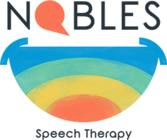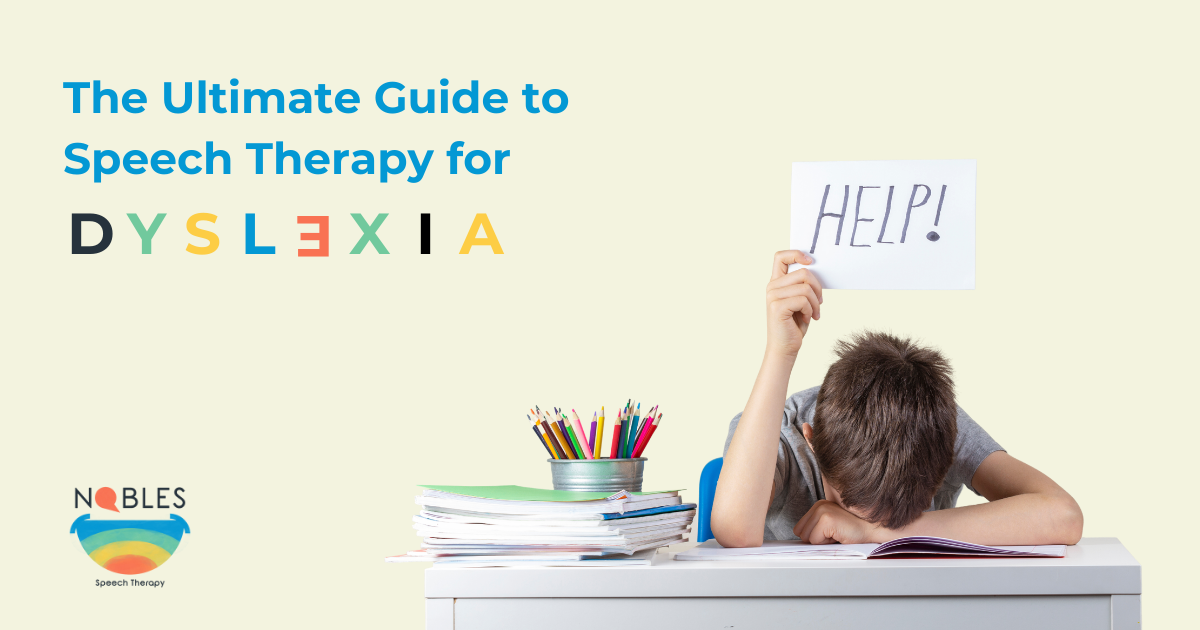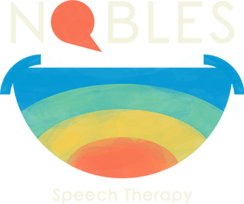Dyslexia: It Affects More Than Just Reading.
Dyslexia is a common condition that often goes undiagnosed. In this post, we discuss what parents should look out for and whether dyslexia could be affecting your child. We also cover treatment options and more.
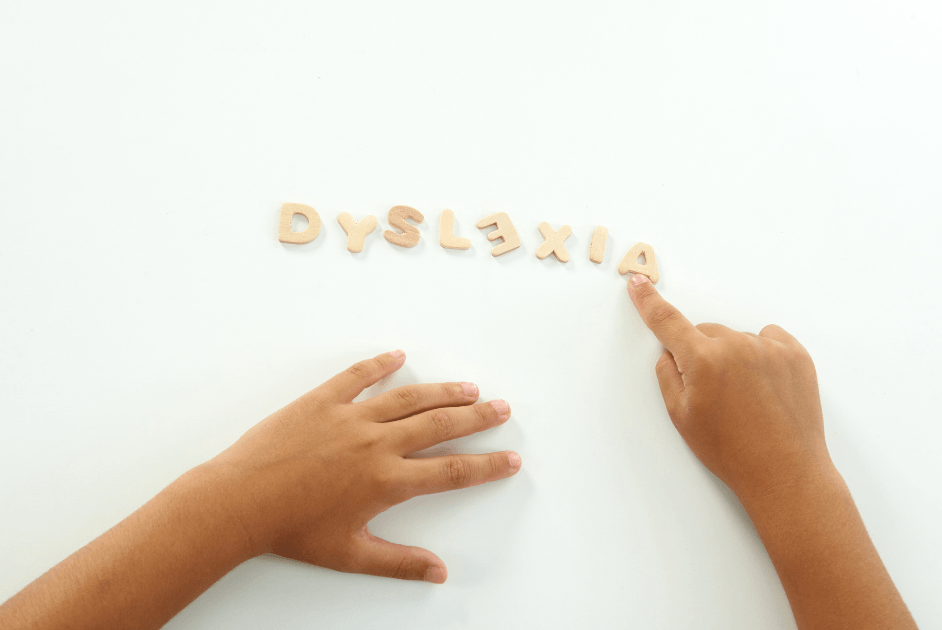
Learning to read and write is a critical step for children learning to be independent. Starting school and the new reading expectations can be a difficult adjustment for any child. Also, persistent reading, writing, and word comprehension problems can lead to fundamental problems.
If your child has reading and writing problems,
speech therapy for reading can help. However,
dyslexia doesn't just affect reading. It can make a lot of things difficult for kids. Other skills and behaviors that dyslexia can affect include: Understanding and following instructions
- Repeating something in the correct order
- Learning words, phrases, names, and directions
- Finding the correct word to say
- Pronouncing words correctly
- Explaining the difference between similar words
- Learning and using new words
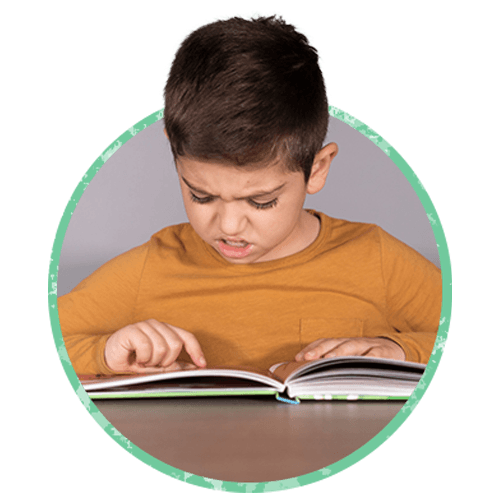
What Causes Dyslexia
Although the definitive cause of dyslexia is largely unknown,
several risk factors have been observed to increase the likelihood that a child will develop dyslexia. Genetics is one of the factors most likely to influence whether a child develops dyslexia. Specific genes are believed to be associated with the brain's ability to process language.
Family history of dyslexia and other learning challenges can also influence the development of dyslexia. Additionally, exposure to drugs, alcohol, or infectious diseases during pregnancy and preterm or low birthweight may increase the likelihood of a child developing dyslexia.
Even if none of these risk factors play a role, individual differences in brain development can cause dyslexia.
Can Dyslexia Cause Speech Delay?
Before babies can say their first words, they need to get used to the sounds of spoken words. They start it before they are born. Babies begin to babble when they are six months old. There's no set time for babies to say their first words, but most babies start speaking between 9 and 18 months.
However, dyslexic children take longer to generate their first words because their brains take longer to process the sounds that make up language. Language delays differ from developmental disorders in that delayed children reach the same milestones as children of their age, only taking a little longer to complete each step. This is common in dyslexic children. As a result, if children take time to hear the individual sounds that make up words, they also take longer to pronounce them.
In certain cases of dyslexia, motor deficits further impede language production. For instance, it is not uncommon for dyslexia to coexist with dyspraxia, a disorder that affects the coordination and sequencing of movements. This can affect the muscles used for speech and lead to delayed speech.
Children with dyspraxia also struggle with planning, which can further impair their pitch and syntax.
Note severe dyspraxia, in which speech is slurred, is sometimes called speech apraxia or infantile speech apraxia. Pediatric speech apraxia is rarely diagnosed before a child is two years old to explain the possibility that a delay in speech causes speech disorder.
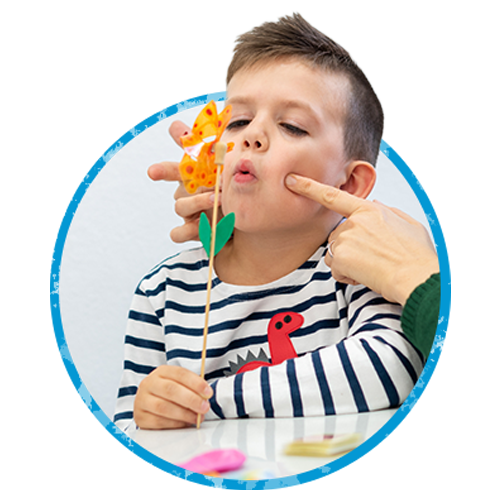
How Can a Speech Therapist Help a Child With Dyslexia?
Phonological Awareness
Phonological awareness means understanding the sounds that language is made up of. As your child learns to read and write, it is essential to associate the correct sounds with individual letters and letter combinations to form words. This is called decoding, and it is how all children start learning to read. The result is more familiar words and more automated reading comprehension.
As people learn more and expand their vocabulary, the brain develops an unwritten knowledge of the language's permissible phoneme and vowel combinations. Children develop this understanding through language games. They practice substituting one sound for another, rhyming, and singing, for example, through a word game where they guess the end of words.
People with dyslexia usually find rhyming and wordplay more difficult than others. There are often problems with the ordering of sounds, which can be problems with games that need to change middle vowels or games that need to use word beginnings and new endings. Tongue twisters are challenging.
Professionals specializing in speech and language therapy for dyslexia have a lot of knowledge about developing phonological recognition skills. Some of these skills are related to successful learning to read and write. Children who need speech therapy are more likely to have problems reading later. Therefore, developing phonological solid recognition skills in children with speech delays can help them learn to read.
Speech Sounds
Speech therapy can be a valuable tool in helping children with autism learn to communicate more effectively and interact with others. The goals of speech therapy for autism will vary depending on the individual child's needs. However, some common goals that therapists may work on with kids with ASD include improving communication skills, teaching social skills, and helping the child process sensory information more effectively.
Some
Speech Therapy activities for dyslexia that may help to achieve these goals include:
- Exercises to improve fine motor skills and coordination
- Games that work on language development and vocabulary usage
- Activities that stimulate the child's senses, such as touch, taste, smell, and sight
- Role-playing exercises to help children understand social cues and responses
- Use devices such as picture boards or tablets to communicate through augmentative and alternative communication (AAC) therapy
Does Dyslexia Worsen With Age?
Symptoms of dyslexia change with age, but growth does not eliminate dyslexia. People with dyslexia can thrive in school and work with proper guidance and support. Dyslexia doesn't necessarily worsen with age. It doesn't get better with age, either. Read on to learn more about how dyslexia affects people of different ages.
What Therapy is Best for Dyslexic Children?
Since dyslexia is a language problem, the challenge often begins with phonological awareness, a critical language skill for reading. Children with low phonological awareness have difficulty recognizing and manipulating word sounds. They are much more likely to have trouble learning to read.
Specialists can teach dyslexic children word recognition. They can also teach phonetics - connecting letters to sounds, breaking words into sounds, and merging sounds into words. Combining these skills will help children pronounce unfamiliar words. This process is called decryption and is the heart of reading.
Professionals who provide this assistance include psychologists, teachers, literacy specialists, learning specialists, and learning task-focused speech and language therapists (SLPs). Some professionals work in schools, others in private settings.
They use various methods to build phonological awareness and other reading skills. For example, you can work on rhyming. Alternatively, you can clap the syllables of the name and help your kid recognize the syllables.
Dyslexia. Early Intervention. Better Future.
If your child struggles with any of the signs we discussed, it may be worth having them screened for dyslexia. Early speech therapy intervention can help your child overcome challenges presented with Dyslexia for more independence, confidence, and social skills.
Request a initial consultation to get started.

About the Author
Myles Nobles is a pediatric speech pathologist in Laurel, MD. With patience and a friendly demeanor, he helps children from all walks of life develop independence, greater confidence, and social well-being by improving speech and language. Treatment plans address developmental, articulation,
fluency, and other crucial language skills impeded due to autism and other challenges.
Contact
Nobles Speech Therapy LLC
info@noblesspeechtherapy.com

